Black History Month celebrates the achievements, contributions, and resilience of Black Americans throughout the country. One meaningful way to honor this legacy is by shining a spotlight on individuals who have profoundly shaped various fields—including healthcare. Black pioneers in medicine have worked tirelessly to advance science, improve patient care, and fight for equity in healthcare access. Here are some of the remarkable African Americans who have played a critical role in changing the healthcare industry.
1. Dr. Rebecca Lee Crumpler (1831–1895) – First Black Female Physician in the U.S.
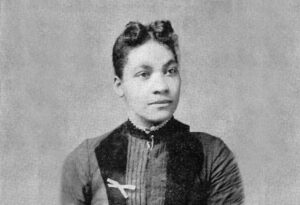
Dr. Rebecca Lee Crumpler broke barriers in 1864 when she became the first African American woman to earn a medical degree in the United States. She dedicated her career to treating formerly enslaved people who lacked access to medical care after the Civil War. Despite facing racial and gender discrimination, she paved the way for future generations of Black women in medicine.
2. Dr. Daniel Hale Williams (1856–1931) – Pioneer in Heart Surgery
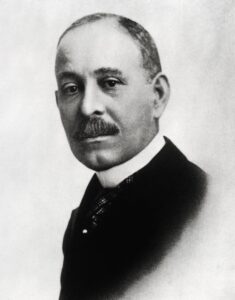
Dr. Daniel Hale Williams is best known for performing one of the world’s first successful open-heart surgeries in 1893. He also founded Provident Hospital in Chicago, the first Black-owned and operated hospital in the U.S., which provided training for Black nurses and doctors at a time when segregation limited their opportunities. His work revolutionized heart surgery and improved access to medical care for African Americans.
3. Henrietta Lacks (1920–1951) – The Woman Behind the HeLa Cells
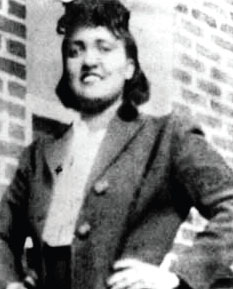
Although not a doctor or scientist, Henrietta Lacks played a monumental role in medical research. In 1951, without her consent, doctors took a sample of her cancer cells at Johns Hopkins Hospital. Unlike other cells, hers continued to reproduce indefinitely, leading to the creation of the first immortal cell line, known as HeLa cells. These cells have been used in countless medical breakthroughs, including cancer research, vaccines, and gene mapping. Her story has since brought awareness to medical ethics and patient rights.
4. Dr. Charles R. Drew (1904–1950) – Father of the Blood Bank
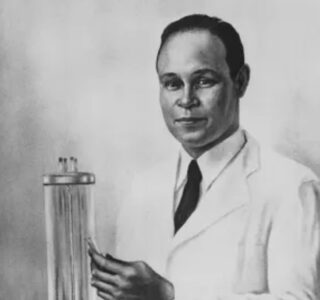
Dr. Charles Drew revolutionized blood banking and transfusion medicine. His research in plasma preservation led to the creation of blood banks, which have saved countless lives, particularly during World War II. Despite his expertise, he faced racial discrimination and resigned from his position at the American Red Cross when they enforced segregation of blood donations. His work remains a cornerstone of modern medicine.
5. Dr. Marilyn Hughes Gaston (b. 1939) – Sickle Cell Disease Researcher
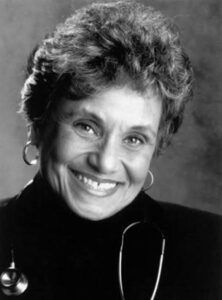
Dr. Marilyn Gaston made groundbreaking contributions to the treatment of sickle cell disease, a condition that disproportionately affects African Americans. Her research led to early screening programs, saving lives and improving the quality of care for patients with the disease. She also became the first Black woman to direct the Bureau of Primary Health Care.
Final Thoughts
The contributions of these African American healthcare pioneers have shaped modern medicine, improved patient care, and challenged racial inequalities in healthcare. Their legacies remind us of the importance of diversity and inclusion in the medical field. As we celebrate Black History Month, we honor their work and recognize the ongoing fight for equity in healthcare.


